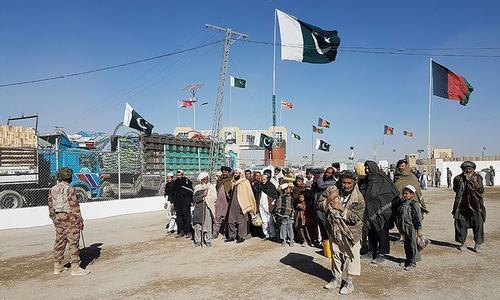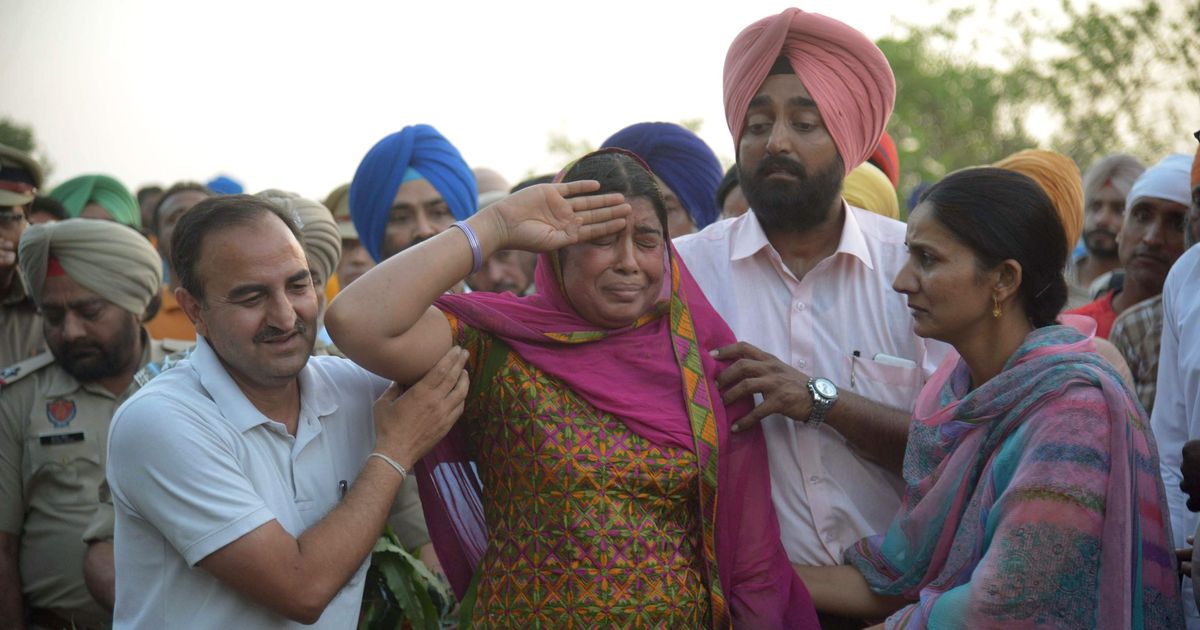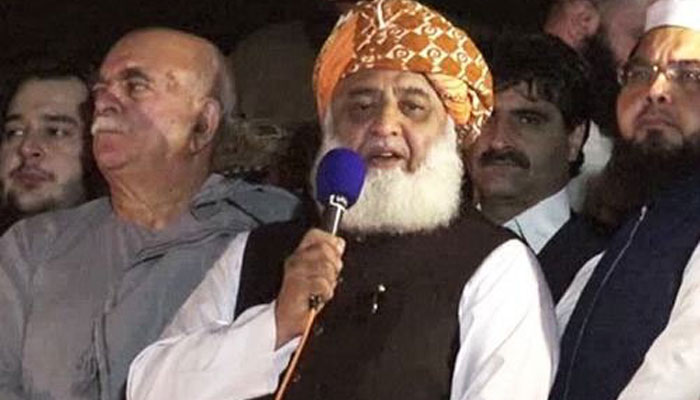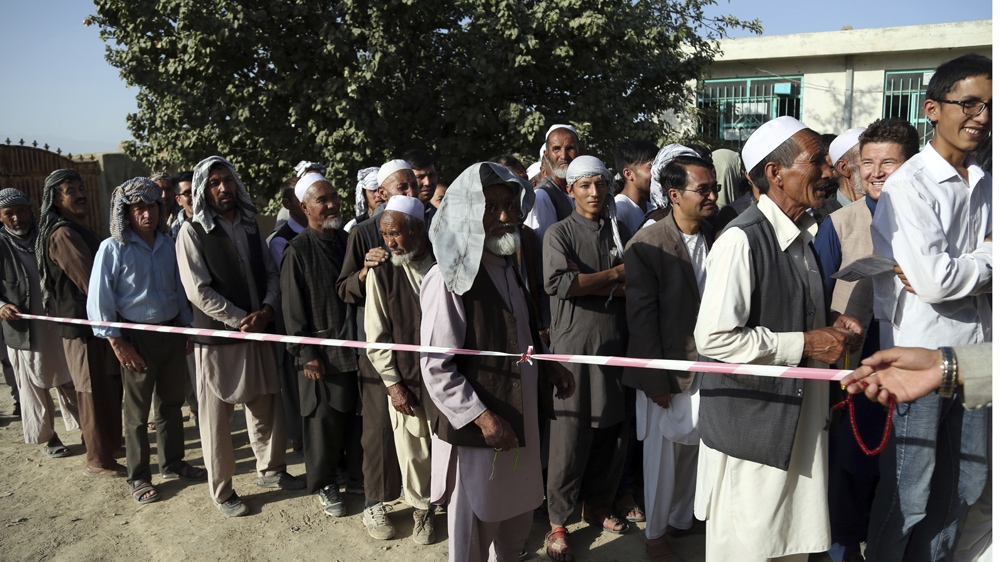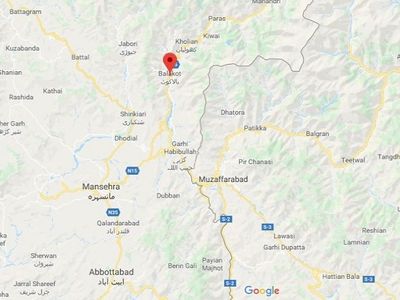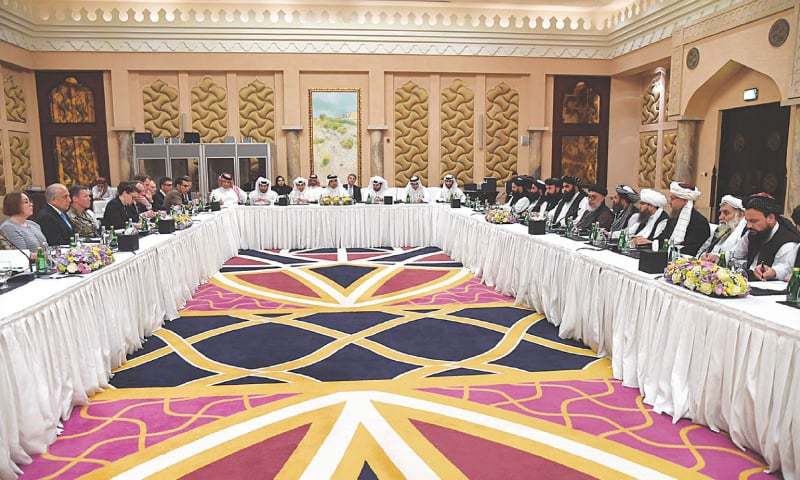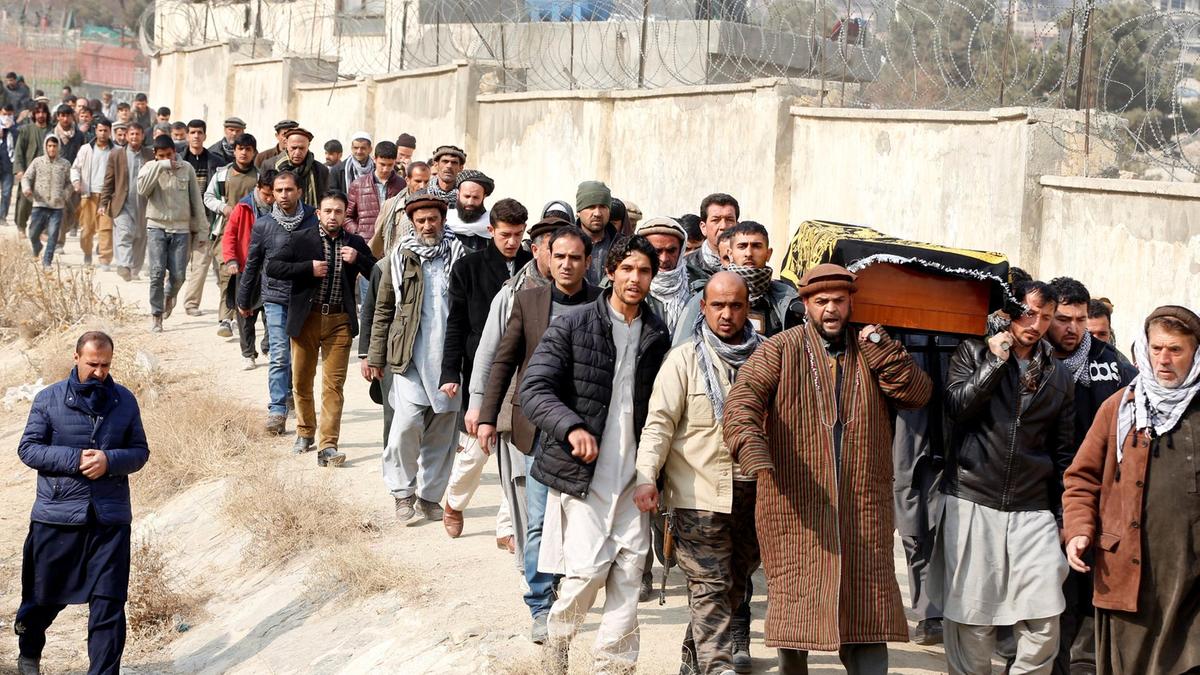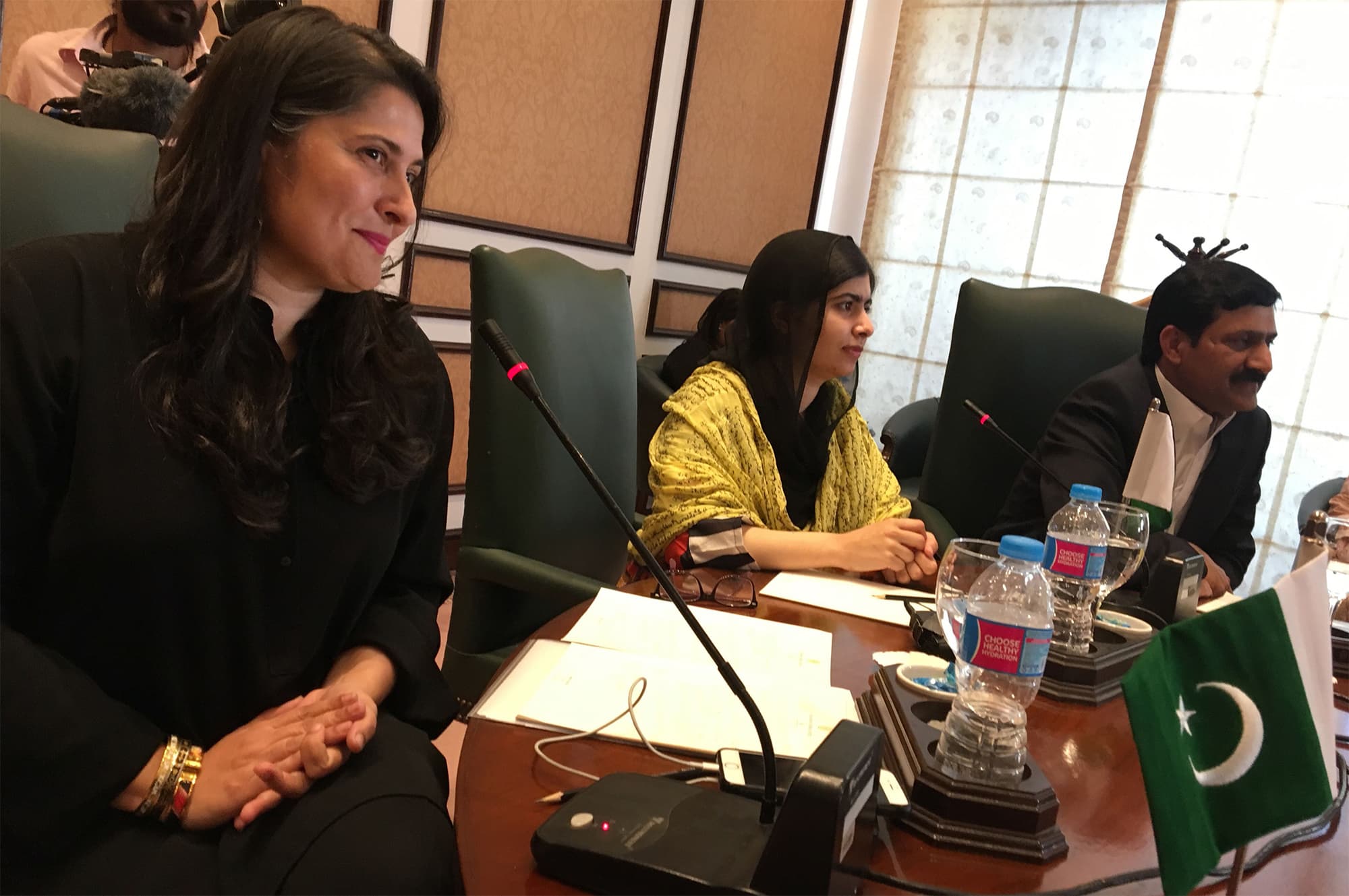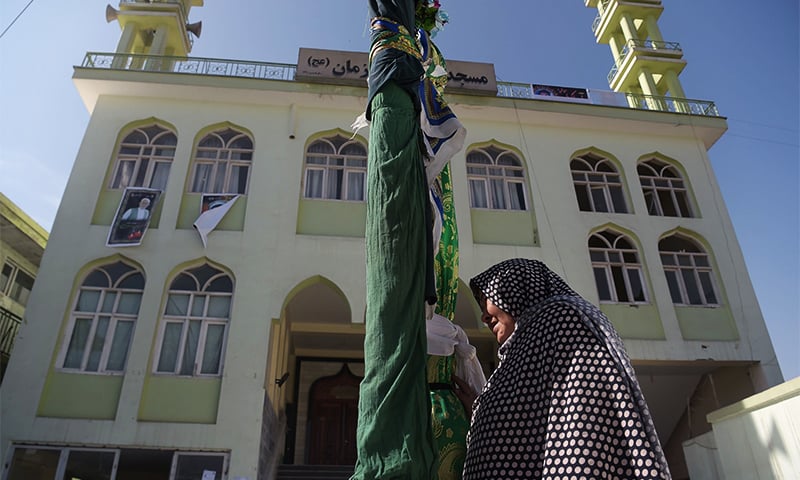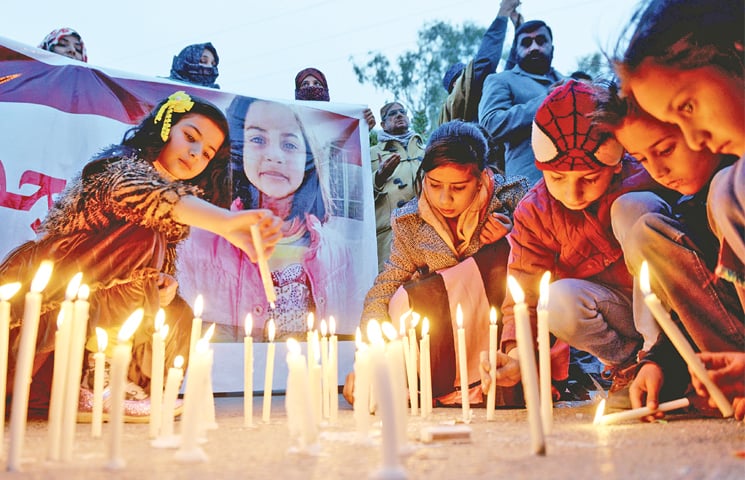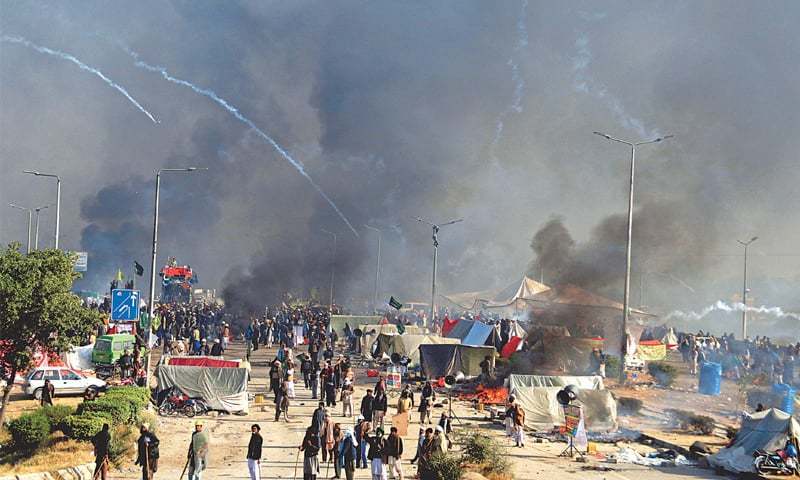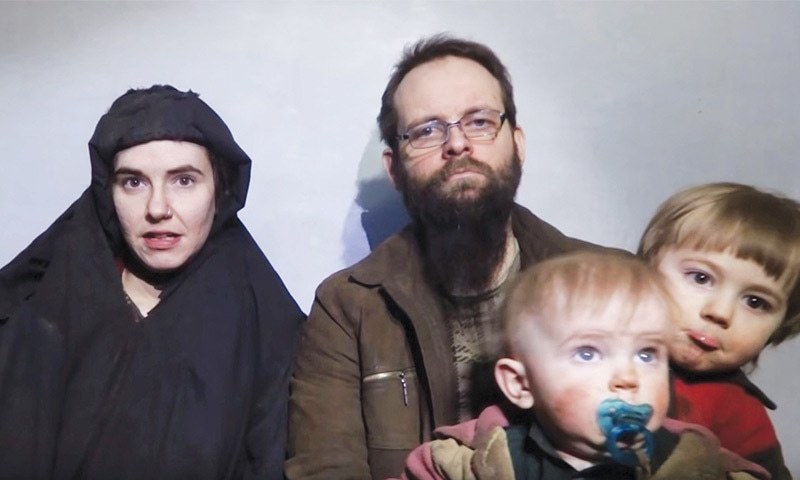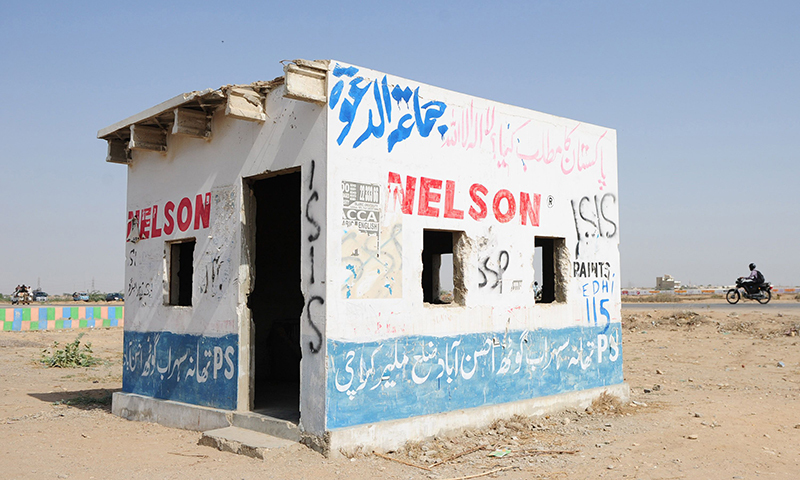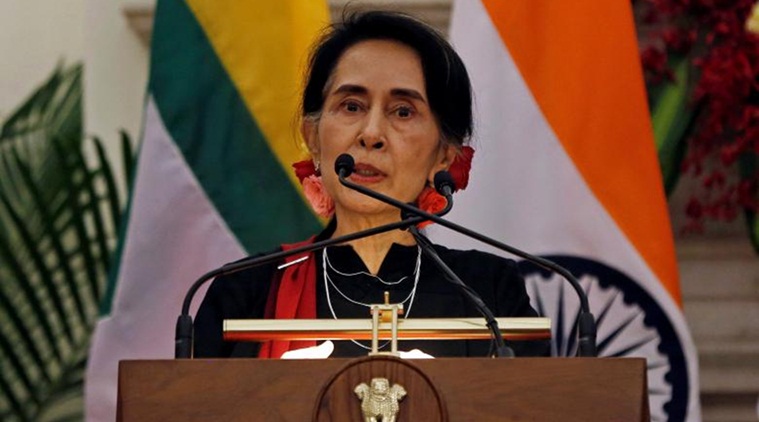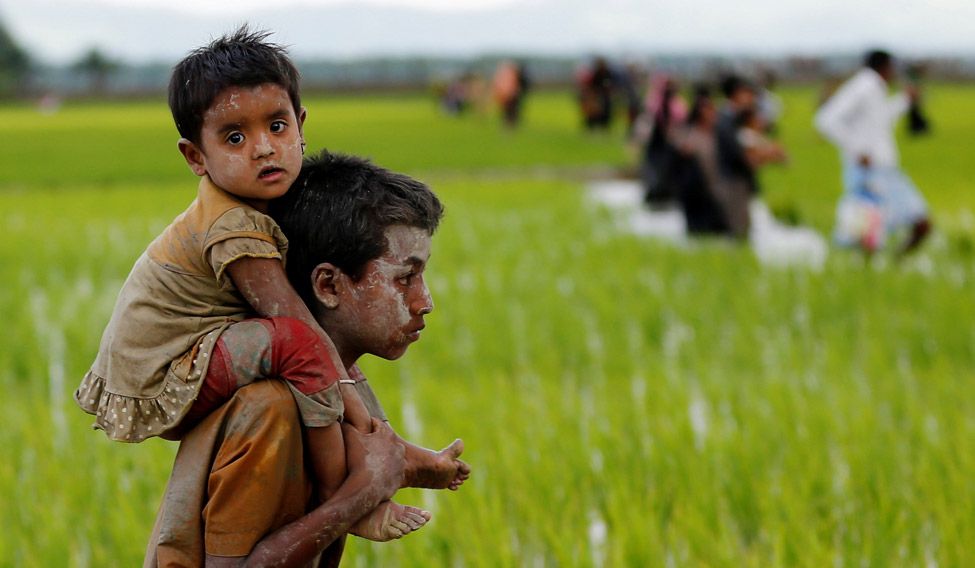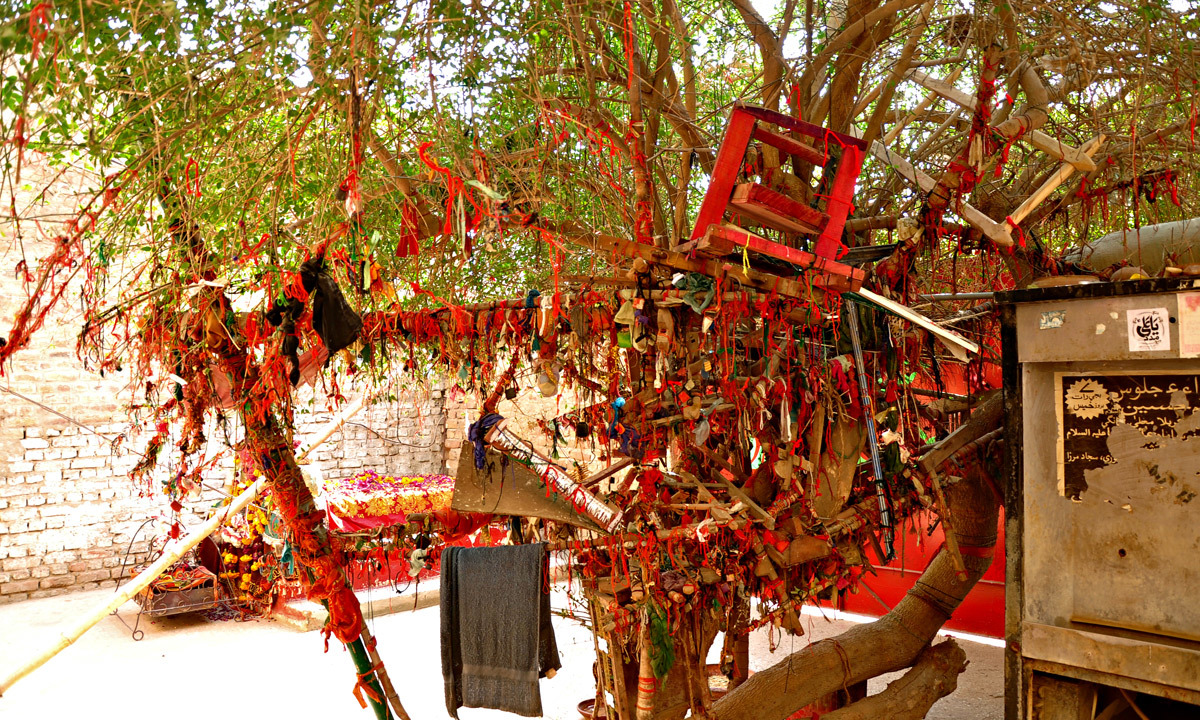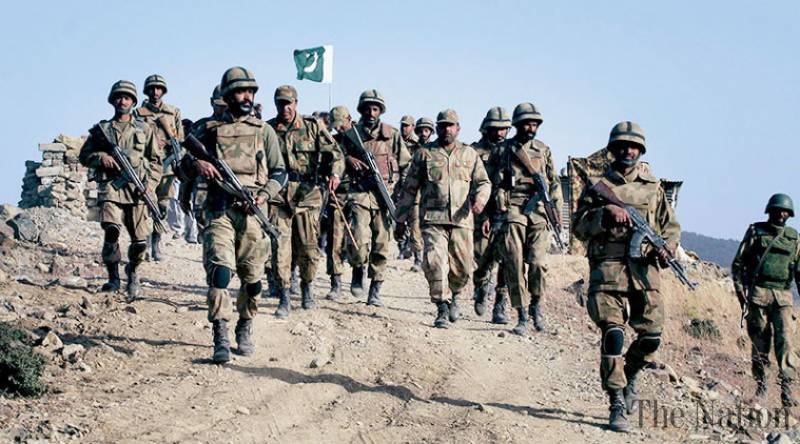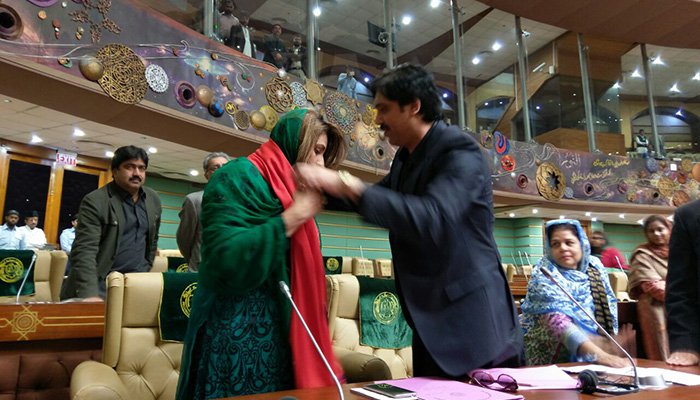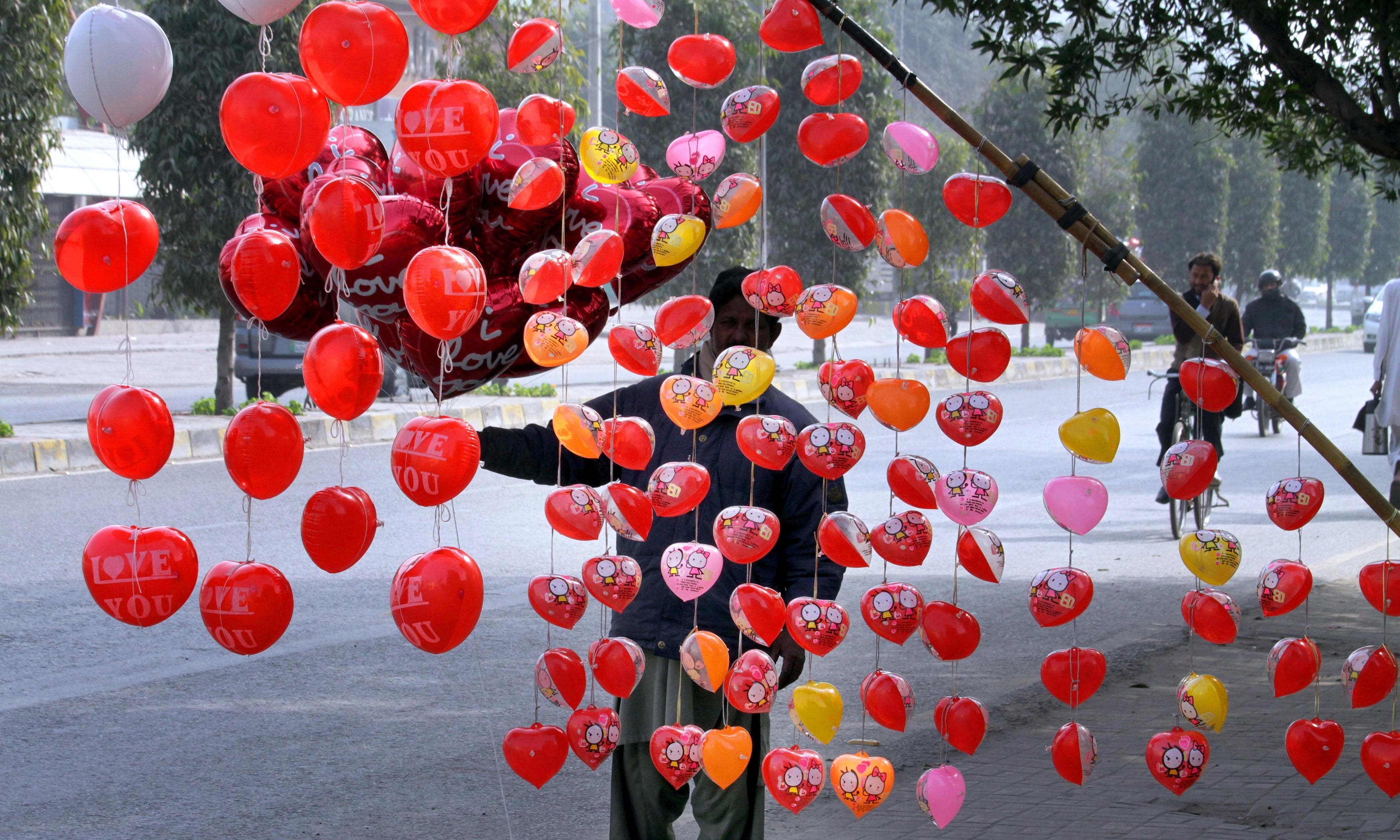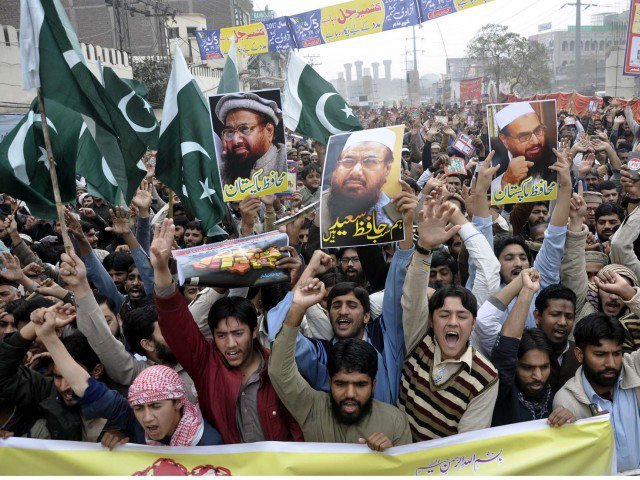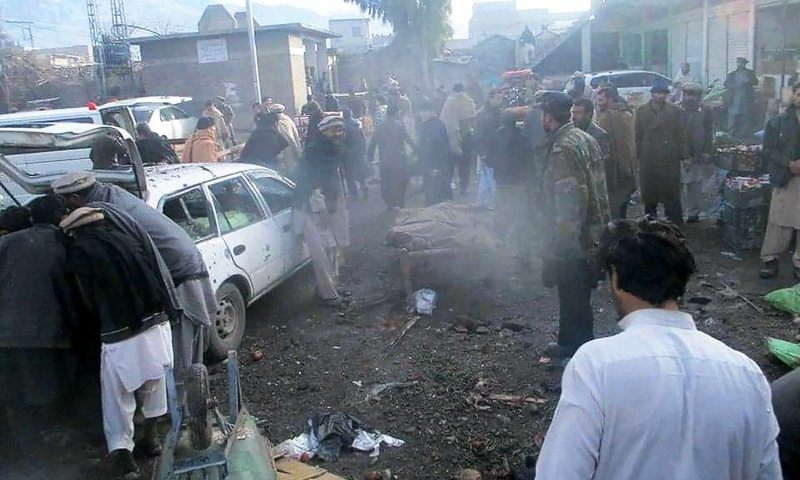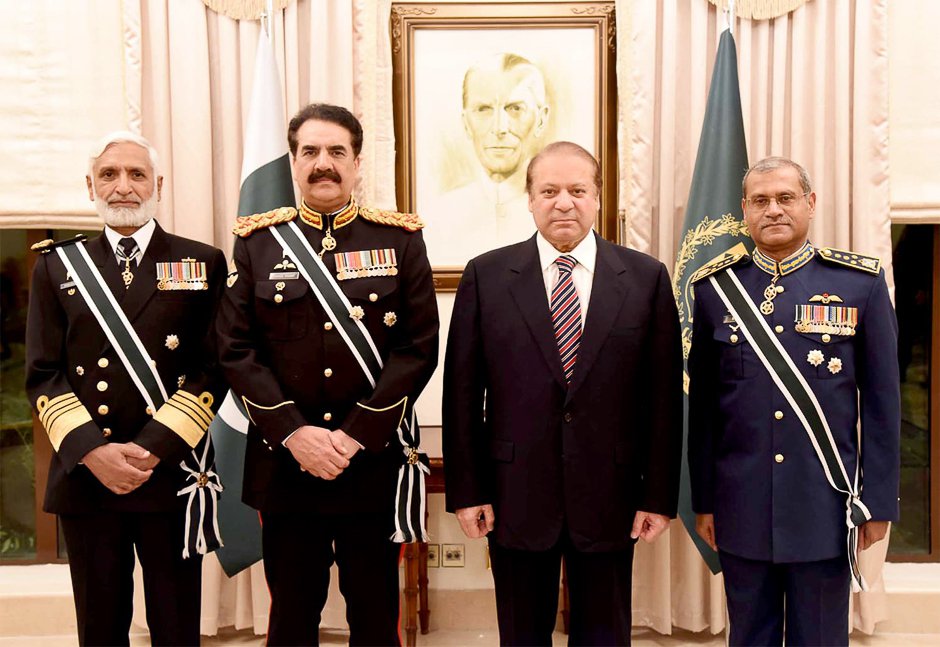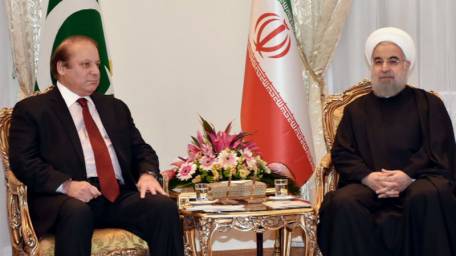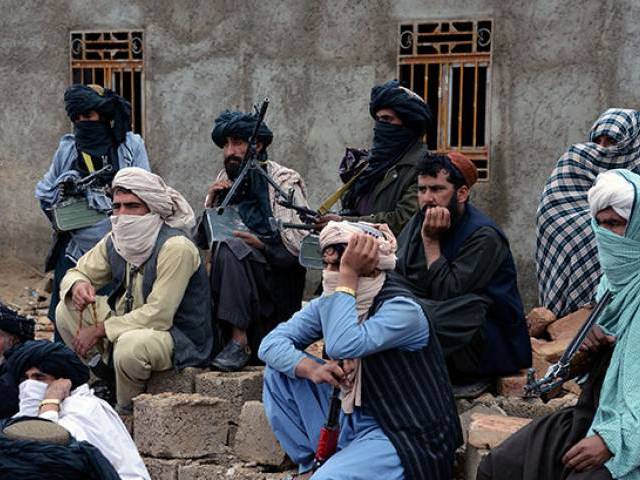CR Comment
D. Suba Chandran
Professor
International Strategic and Security Studies Programme (ISSSP)
National Institute of Advanced Studies (NIAS), Bangalore
One of the International Crisis Group (ICG) report on the Af-Pak region, asked a crucial question: Can Pakistan’s relations with Afghanistan be reset? The report focused on three issues towards a reset: political imperatives, economic opportunities and constraints, and finally, Afghan refugees in Pakistan.
This critique discusses the issues further.
What Shapes Pakistan’s Afghan Policy?
According to the report, Pakistan’s “Afghan policy is still shaped by the ‘baggage of the past’, namely the propensity to interfere in Afghanistan.” This has been the crux of Pakistan’s Kabul predicament and the related problems within Afghanistan.
Despite multiple debates in the public and within policy circles, including the Parliament, within Pakistan, there has been no credible alternate narrative on Afghanistan that is visible and convincing. To an extent, there is a widespread understanding and acceptance within civil society that there has to be a change in Islamabad’s approach towards Kabul but this change is yet to be enunciated formally as a doctrine, and implemented at the ground level.
Until there is an alternate narrative and a new Afghan doctrine, the strategic community and civil society will be lulled by its own thinking of change, instead of actual change aimed at ‘new’ relations. Else, as shall be subsequently explained, it will be back to the old actors pursuing the same policies, using the same old actors and trump cards (or the proxies, as the report refers to).
Who Shapes Pakistan’s Afghan Policy?
This is an equally important question that the report discusses under “civil-military relations.” If Islamabad has to really reset its relations with Afghanistan, then there has to be a reset within Pakistan in terms of who formulates its Afghan policy.
The Establishment - the military and the ISI - are bound to be conservative and averse to risks in taking bold new steps and completely changing the policy outlook towards Afghanistan (and India as well). The ICG report hints about the inability of the Parliament to produce a coherent document/doctrine that would be seen as a viable alternative plan. If there are serious capacity problems within the Parliament along with delicate civil-military relations further complicating foreign policy decision-making by the elected leaders, there is little reset likely to happen in terms of Pakistan’s relations with Afghanistan.
The real and hard question is whether the civilian and military establishments are in sync in terms of Pakistan’s relations with Afghanistan. Or, is the civilian Sharif under the shadow of the khakis and has only limited influence in shaping an independent policy towards Afghanistan (and also vis–à–vis India)?
In the absence of a credible alternative narrative, the media debate is likely to influence and shape the civil society’s thinking. If the media debates are well informed, without biases and not “planted’, then it is bound to create a new narrative. However, if the media debate is influenced by ‘embedded’ and partisan inputs supporting the primary arguments of select State and non-State actors, there is little that the civil society can do in terms of advancing a new narrative.
Perhaps it is because of the above two factors, the failure of Parliament and the civil society to produce a strong alternate narrative, despite an intention to change Pakistan’s policy towards Afghanistan, that it has not transformed into a tangible doctrine. Or perhaps, those institutions that actually formulate and implement Pakistan’s foreign policy are stronger in resisting the change.
Unless the ‘intention to change’ becomes ‘evident in action’, resetting Pakistan’s relations with Afghanistan will stay on paper and as an idea.
...And Through What Strategies?
This should be the third related question along with ‘what shapes’ and ‘who shapes’ Pakistan’s Afghan relations. The report talks about Pakistan’s proxies and its own version of a Monroe Doctrine vis-a-vis Afghanistan; both will remain a crucial problem in resetting relations.
Of the four sets of non-State actors criss-crossing the Durand Line – the Afghan Taliban, Huqqani Network, TTP and other Pakistani groups (such as the Lashkar, Jaish, Punjabi Taliban) - any action by Pakistan supporting one and opposing another is less likely to yield positive responses. If the Pakistani Taliban provides sanctuary for their Afghan counterparts within FATA and KP, it is only natural that the latter extends the same to the former in Khost, Nuristan and other provinces across the Durand Line.
Fighting the TTP but supporting the Quetta Shura and the Haqqani Network is unlikely help Pakistan to reset its relations with Afghanistan. There seems to be an illusion within Pakistan that their security forces are fighting the Taliban and hence the problem is being addressed. However, until there is a realisation that Pakistan’s counter-terrorism approach is selective and counter-productive to its own larger national interests, the possibility of resetting Pakistan’s relations with Afghanistan (and India) will remain a far cry.
As the attack on the Wagah post in Pakistan would highlight, today the militants based in Pakistan are no more the proxies of the Establishment. The non-State actors in Pakistan are clear and know what they want. Do the State actors have the same clarity?
The above was originally published by the Institute of Peace and Conflict Studies. Photo Source: Dawn
